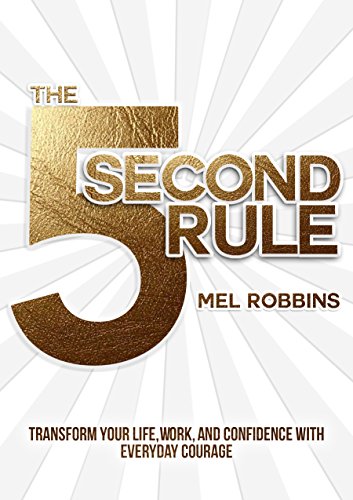Do you ever find yourself at a party or in a social setting where everyone talks, but you don’t know how to join the conversation? Or do you worry that your attempts at small talk just won’t work out?
Don’t worry – it doesn’t have to be as daunting as it feels. Learning the art of starting conversations is simple, and with some practice, you’ll soon be engaging in meaningful conversations effortlessly.
This post will explore tips for getting over any pre-conversation jitters and ensuring your first words make an impact!
Be approachable and open
Being approachable and open is one of the most important aspects of starting a conversation. This means making eye contact, smiling, and having an open posture. Avoid crossing your arms or looking down at your phone, as this can signal disinterest or unfriendliness.
Being approachable and open will make it easier for others to approach you and start a conversation.
Use open-ended questions to encourage dialogue
One of the best ways to keep a conversation going is to ask open-ended questions. These questions can’t be answered with a simple “yes” or “no,” but instead require a more detailed response.
For example, instead of asking, “Do you like movies?” try asking, “What’s your favorite movie and why?” This will encourage the other person to share more about themselves and keep the conversation flowing.
Remember to actively listen to their responses and ask follow-up questions to show that you’re interested in what they say.

The 5 Second Rule
by Mel Robbins
⏱ 12 minute reading time
🎧 Audio version available
Listen actively and show interest in the other person
One of the most important aspects of starting a conversation is showing genuine interest in the other person. This means actively listening to what they have to say and asking follow-up questions to show that you’re engaged in the conversation.
Avoid interrupting or talking over the other person, and maintain eye contact to show that you’re focused on the conversation. By showing interest in the other person, you’ll create a more positive and engaging conversation that both parties will enjoy.
Related: 7 Ways to Make a Conversation With Anyone
Find common ground to build rapport
Building rapport is essential to starting a conversation, and finding common ground is a great way to do this. Look for shared interests, experiences, or backgrounds that you can use as a starting point for the conversation.
This could be anything from a mutual love of a particular TV show to a shared experience growing up in the same town. Finding common ground will create a sense of connection and familiarity that will make the conversation feel more natural and enjoyable for both parties.
Practice, and don’t be afraid to make mistakes
Like any skill, starting a conversation takes practice. So don’t be afraid to put yourself out there and try new things. You may stumble or feel awkward at first, but that’s okay.
Making mistakes is a natural part of the learning process, and it’s how we grow and improve. Remember, the more you practice, the more confident you’ll become.
So don’t be afraid to start a conversation, even if it initially feels uncomfortable. With time and practice, you’ll become a pro.
Start Your Snapreads Free Trial

With the Snapreads app, you get the key insights from the best nonfiction books in minutes, not hours or days. Our experts transform these books into quick, memorable, easy-to-understand insights you can read when you have the time or listen to them on the go.
